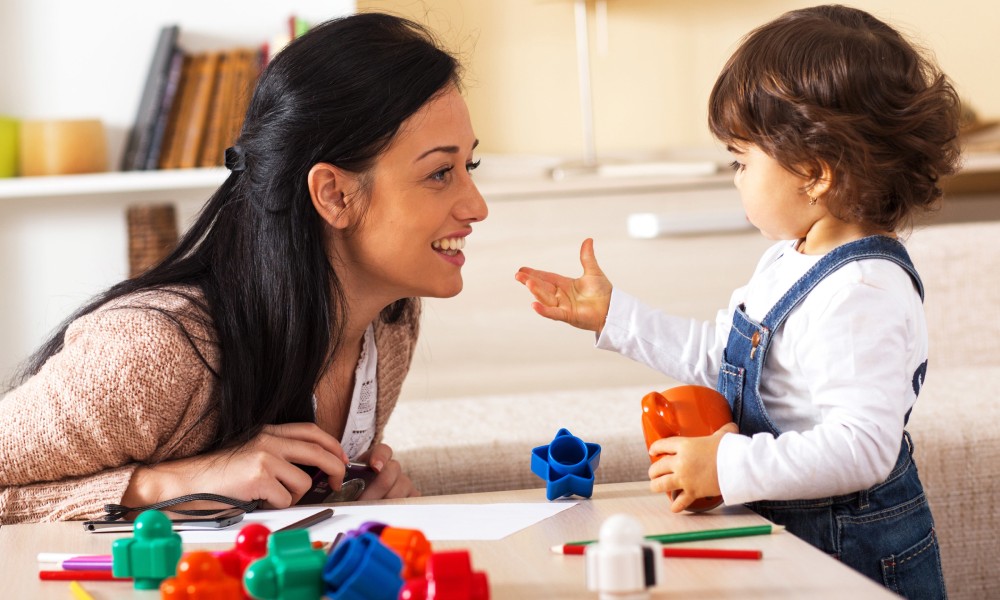Keeping your child physically healthy is an area where most parents excel. They ensure they get immunizations, eat healthy and exercise regularly. But emotional well-being is just as important for your child’s quality of life. Investing time and effort into your child’s mental health will help them deal with obstacles and develop resilience. Look for CBSE schools who prioritize both mental and physical wellness of children.
Attention to Cues
You might not be familiar with the idea of mental health in infants and young children. To protect your child’s general welfare, you should pay close attention to his or her emotional indicators. You can accomplish this by expressing your sense of helplessness and your readiness to assist your youngster. By offering your child constructive emotional support, you may help them deal with hardships and their repercussions on their welfare.
Socialization
It is a well-known fact that socialization is an essential component of a child’s development, but there are also factors that can affect socialization. Social distancing is one such factor. While this does not mean that a child cannot socialize, it may require them to engage in different methods of socialization, such as wearing masks to school or leaning virtual to communicate with their friends. Once the phase is over, socialization will resume as normal. Development is an ongoing process that never fully comes to a stop, so it is important to nurture mental and physical health in children.
Modeling Healthy Relationships with Parents
When it comes to your child’s social life, one of the best ways to promote mental wellness is to model a healthy relationship with another parent. By modeling positive social interactions, you can provide your child with a healthy foundation for future relationships. As a parent, you can model healthy relationships with your child’s friends and family members by showing them how to act around other people.
Family Dinners
According to the Journal of Pediatrics, frequent family meals reduce the risk of eating disorders, substance abuse, violence, and depression in adolescents. The benefits were even stronger for young females. Additionally, frequent family meals may also curb a child’s weight struggles in adulthood. Families that gather regularly at least two times per week should consider implementing frequent family dinners. But how can you make this ritual more successful?
Answering Questions
When your child is experiencing difficulties in school, they are likely to have many questions. These questions might involve feelings, treatments, and the future. Your job as a caregiver is to help them feel comfortable and confident while answering their questions as thoroughly as possible. While it is easy to assume that you know all the answers, no parent is expected to be an expert in every area. Often, it is enough to ask a parent you trust to find answers.
Getting to Know Your Child’s Friends
While many mental health concerns can appear at any time, the cause is usually the same – a disruption of normal brain functioning. A child who experiences symptoms of a mental health concern may experience periods of heightened anxiety and stress, and bizarre thoughts. These thoughts can be an early indicator of a more serious issue. To support your child in dealing with these problems, try to get to know their friends. Or you could enroll them in an Indian school Sharjah for familiarity.

Soccer lover, foodie, band member, hand letterer and HTML5 Guru. Operating at the crossroads of beauty and programing to craft an inspiring, compelling and authentic brand narrative. My opinions belong to nobody but myself.
